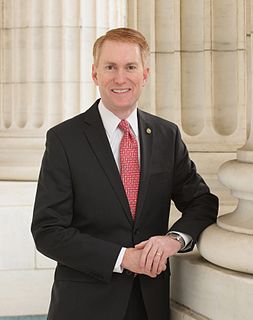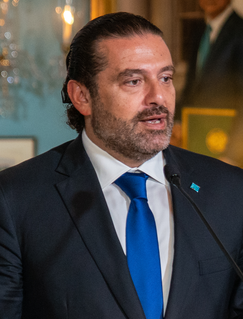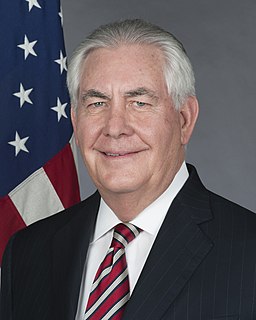A Quote by David Ignatius
Well, I think the U.S. has been careful not to go too far in attacking Iran's allies, in particular in attacking Hezbollah forces in Syria, which have been propping up the regime of Bashar al-Assad.
Related Quotes
A lot of the issue that is happening in Syria is Assad is still there. And after years now, the administration, of saying Assad has to go, the pressure is not being applied to Russia, to Iran - the folks that are propping up Assad - and Assad himself to be able to actually be removed there and to transition to another leader.
I think most of the Washington foreign policy establishment exists in a fantasy world when it comes to Syria. They fundamentally don't understand that Russia and Iran, from the beginning, had much more at stake in Syria than the United States did. Russia and Iran were going to do everything possible in order to keep Bashar al-Assad in power.
I think the President Donald Trump was quite clear in his statement that he made to the American people that Syria's continued violations of U.N. resolutions and previous agreements that Syria had entered into regarding the Chemical Weapons Accord would no longer be tolerated. I think we have stood by and watched multiple weapon - chemical weapons attacks by the Syrian regime under the leadership of Bashar al-Assad.
Hillary Clinton's Russian re-set policy gave Moscow permission to go from privately challenging U.S. foreign policy to publicly moving military hardware into Syria to prop up Bashar al-Assad and annexing Crimea from Ukraine. And Donald Trump seems to support the idea that Putin will be Putin. It's enough to leave America's allies confused.
The idea that Hezbollah is acting as an agent of Iran is very dubious. It's not accepted by specialists on Iran or specialists on Hezbollah. But it's the party line. Or sometimes you can put in Syria, i.e. "Syrian-supported Hezbollah," but since Syria is of less interest now you have to emphasize Iranian support.







































